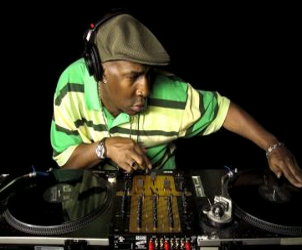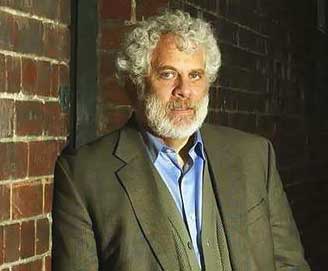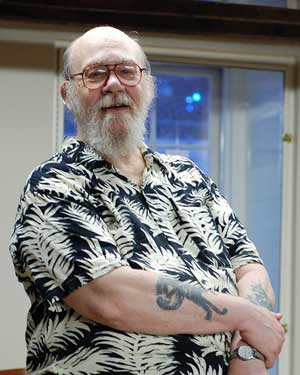Nam Le is the author of The Boat. He appeared on The Bat Segundo Show #222.
Condition of the Show: Attempting to find classification within the media industrial complex.
Author: Nam Le
Subjects Discussed: On writing about panna cotta before experiencing it, plausibility and aesthetics, subjectivity, the dangers of autobiographical connections and personal experience perceived by readers and critics, why fiction needs to be influenced by strangeness, place and topography, “Meeting Elise” as an inverted New Yorker story, when the bludgeon of language falls apart, Nam Le’s comic impulses, on not being published in the New Yorker, the relationship between artistic frustrations and the short story infrastructure, making stories succeed on their own terms, bouncing around the globe and using different tones, being perceived, writing without being restrained, political discourse and infantile reductionism, Nam Le’s concern for plant and tree life, getting things wrong, prioritizing descriptive details, the risks of not providing all geographic details, readers who don’t look things up, spelling things out vs. not holding a reader’s hand, elemental meaning within place names, fixed location vs. transitory location, the surrender of identity in relation to how people attach themselves to community, the natural topical limitations of a writer, smooth description, not trusting the veneer of the self, the many references to the body within the stories, the body as an epidermal buffer between the soul and the environment, authentic dialogue and ground rules established for vernacular, the decision to capitalize “Child,” the ethics of writing, and looking in sentences and paragraphs with a sense of aesthetics and ethics.
EXCERPT FROM SHOW:
Le: First of all, I think that place names are — I mean, you’d be a fool not to use them in many regards. Because they’re such charged and resonant words. Because they carry the connotation of all of the expectations and assumptions, and all of the misconceptions, as well as all of the history and culture of the place. So a word like Cartagena has such layers and meaning, and also has references to — for example, to be wanky again, Carthage. But there are elements that are simply embedded into a name like that. And with Hiroshima, for example, I mean, geez, can you think of a word or a place name that is more loaded?
Correspondent: Auschwitz maybe.
Le: Exactly.
Correspondent: I’m waiting for that story from you.
Le: (laughs) You know what I mean? I mean, that was a particularly calculated title.
Listen: Play in new window | Download


 Corresponent: If you listen to “The Wheels of Steel” today, as I have actually a couple of times, you can actually hear your hands on the turntables, whereas you can’t always hear someone who is just doing a mashup. You don’t hear that analog quality. So I’m wondering how things have adjusted for you in light of this. How do you keep the analog part of things legitimate? Real? How do digital tools help you as well?
Corresponent: If you listen to “The Wheels of Steel” today, as I have actually a couple of times, you can actually hear your hands on the turntables, whereas you can’t always hear someone who is just doing a mashup. You don’t hear that analog quality. So I’m wondering how things have adjusted for you in light of this. How do you keep the analog part of things legitimate? Real? How do digital tools help you as well? Correspondent: It’s interesting that something like “Everleighed,” as well as “decentized,” which you point to later in the book — these are verbs that didn’t quite make it in the 21st century.
Correspondent: It’s interesting that something like “Everleighed,” as well as “decentized,” which you point to later in the book — these are verbs that didn’t quite make it in the 21st century.
 Correspondent: I’m wondering if it’s a matter of this obdurate Gloucester character that you allude to many times throughout the book. In fact, I was curious about the whole
Correspondent: I’m wondering if it’s a matter of this obdurate Gloucester character that you allude to many times throughout the book. In fact, I was curious about the whole 
 Correspondent: I wanted to also ask you about A.J. Budrys, who I know you — I saw your LiveJournal where there were many caustic remarks directed his way. But I should point out that when I received this galley well before June 9th, when he died, you referred to him as “the late Algis Budrys.”
Correspondent: I wanted to also ask you about A.J. Budrys, who I know you — I saw your LiveJournal where there were many caustic remarks directed his way. But I should point out that when I received this galley well before June 9th, when he died, you referred to him as “the late Algis Budrys.”